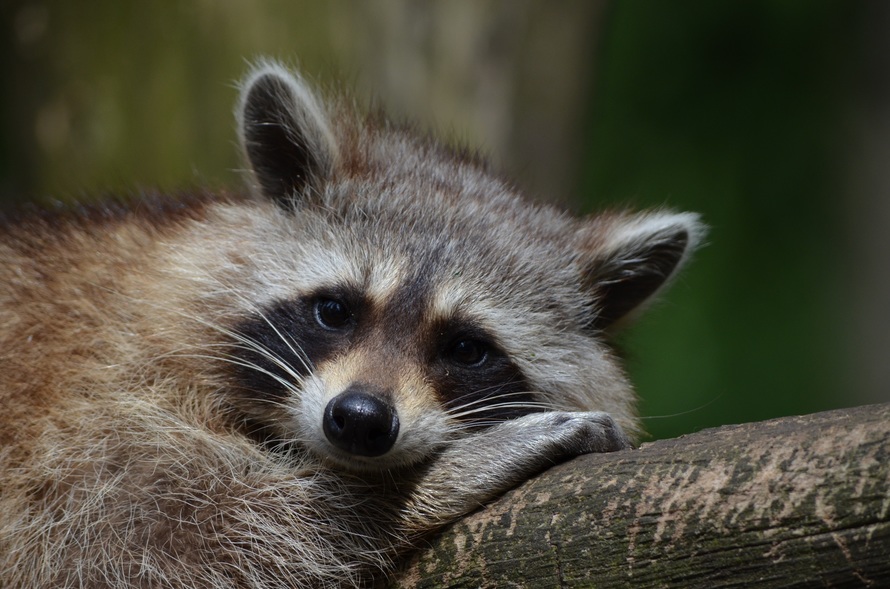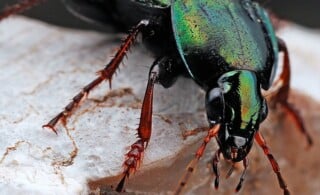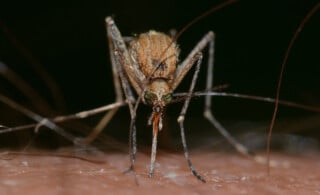
Raccoons are like your annoying relatives: they show up uninvited, eat all the leftovers, and leave your place a mess. Although they are cute and furry, raccoons can be a nuisance and in some cases, downright dangerous.
Identifying Raccoon Problems
Raccoons are creatures of habit. Once they find your house, they will make it a regular part of their stomping grounds. Evidence of raccoon activity includes, most commonly, garbage cans tipped over and garbage scattered across the yard. Dead birds are also signs of a raccoon problem as are raccoon droppings. In some cases, raccoons can cause damage to attics or roofs. The other danger is that raccoons are wild animals, and can carry any number of diseases, including rabies.
Ready to start your raccoon issues?
Find ProsRaccoon Deterrents
The best deterrent to raccoon activity is prevention. Raccoons will seek out homes where food is easy to find, so take the following measures to keep them away from your house:
- Seal garbage cans tight. Raccoons have opposable thumbs, and can remove any loose or broken lids. The best garbage cans have lids that lock into place with handles or clamps. If necessary, keep garbage cans inside a secure building.
- Don’t feed them. If you have pets, feed them during the day and don’t leave their food or water dishes outside, which the raccoons are likely to use at night. In some cases, raccoons have even fought cats and dogs for their meals.
- Control access. Blocking off access is the best raccoon deterrent for your home itself. Inspect your house thoroughly to find any holes or crevices where raccoons may enter; they can get through surprisingly small spaces. This includes chimneys, attic vents, and the seams along roofs and baseboards. Block any spaces with sheet metal or heavy screening. You might consider hiring a professional to seek out and cover these places.
- Scare tactics don’t work. Banging pots and pans may be a temporary raccoon deterrent, but they are persistent little critters, and will come back long after you’ve given up. Water-sprayer raccoon deterrents are also widely available: they hook to your hose and use a motion detector to scare off raccoons. They will work for as long as it takes the raccoons to find a way around them.
- Although there are no approved repellents, toxicants, or fumigants for raccoon problems, some chemical raccoon deterrents are commercially available. These include mixtures of coyote urine and other natural repellants. Also, some research shows that moth balls may keep raccoons out of enclosed spaces in the house.
- In extreme cases, you might use traps. In most places, raccoon trapping is controlled by your local wildlife department. Check with them before setting any traps. Usually, traps must be of the “humane” variety—cages that trap the animal without harming it.
- Watch out for raccoons that are active during the day, move erratically, or aren’t afraid of humans. They may have rabies. If you suspect there is a rabid raccoon on your property, call your local wildlife control.
If you still have raccoons coming around or not enough time to put forth all these methods, then you will probably need to hire a raccoon removal company. The cost of raccoon removal will average around $350 – $500, though if you have a whole pack of them, the price might go up.
 A Homeowner’s Guide to Entomology and House Insects
A Homeowner’s Guide to Entomology and House Insects  Flea Control & Prevention
Flea Control & Prevention  An Eco-Friendly Yard: How to Keep Bugs, Weeds, and Other Nuisances Out Without Harming the Planet
An Eco-Friendly Yard: How to Keep Bugs, Weeds, and Other Nuisances Out Without Harming the Planet  Itching for a Solution on Mosquito Control?
Itching for a Solution on Mosquito Control?  Got Gopher Control?
Got Gopher Control? 

Are You Familiar With This Topic? Share Your Experience.